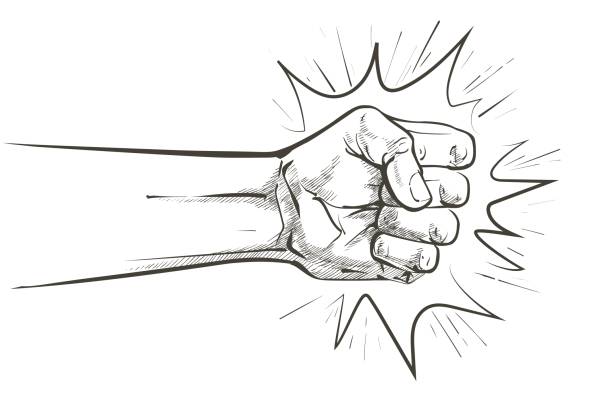The Crimes Act NSW (1900) outlines self-defence law NSW under Division 3 of Part 11 (Criminal responsibilities – Defences). Division 3 of this Part is about self-defence laws NSW and it consists of the following Sections:
Section 418: Self-Defence Law NSW When Available
Subsection (1) of Section 418 states that a person is not criminally responsible for an offence if the person carries out the conduct constituting the offence in self-defence. Moreover, Subsection (2) states that a person carries out conduct in self-defence if and only if the person believes the conduct is necessary: –
- a) to defend themselves or another person; or
- b) to prevent or terminate the unlawful deprivation of his or her liberty or the liberty of another person; or
- c) to protect property from unlawful taking, destruction, damage or interference; or
- d) to prevent criminal trespass to any land or premises or to remove a person committing any such criminal trespass.
and the conduct is a reasonable response in the circumstances as he or she perceives them.
Section 419: Self-Defence Law NSW – Onus of Proof
This Section states that in any criminal proceedings in which the application of this Division is raised, the prosecution has the onus of proving, beyond reasonable doubt, that the person did not carry out the conduct in self-defence.
Section 420: Self-Defence Law NSW – Not Available in Case of Death Inflicted to Protect Property or Trespass to Property
This Section states that Division 3 of Part 11 of the Crimes Act NSW does not apply if the person uses force that involves the intentional or reckless infliction of death only:
- (a) to protect property; or
- (b) to prevent criminal trespass or to remove a person committing criminal trespass.

Section 421: Excessive Force that Inflicts Death
This section of self-defence law NSW is applicable if:
- (a) The person uses force that results in death.
- (b) The conduct is not reasonable based on the person’s perception of the circumstances.
However, the person believes the conduct is necessary:
- (c) To defend themselves or another person.
- (d) To prevent or stop the unlawful deprivation of their own or another person’s liberty.
Moreover, subsection (2) of S421 states that in cases of murder trial:
- The court will not hold the person criminally responsible for murder but instead, it will find them guilty of manslaughter if they are otherwise responsible for that charge.
Section 422: Response to Lawful Conduct
This Division is not excluded merely because –
- (a) the conduct to which the person responds is lawful, or
- (b) the other person carrying out the conduct to which the person responds is not criminally responsible for it.
Section 423: Offences to Which Division Applies
This Division applies to offences committed before or after the commencement of this Division, except as provided by this section.
Moreover point (2) states this Division does not apply to an offence if proceedings for the offence (other than committal proceedings) were instituted before the commencement of this Division.
In NSW, self-defence laws allow individuals to use force to protect themselves, others, or their property from harm or unlawful actions. As we have seen, these laws are outlined in the Crimes Act 1900 (NSW). We have included a simplified summary of the key points we discussed above:
- Use of Force: Individuals are allowed to use a reasonable degree of force to defend themselves or others from imminent physical harm or unlawful actions.
- Perception of Threat: The force used must be a response to a genuine and reasonable perception of a threat or danger. It should be proportional to the threat perceived.
- Retreat and Escalation: The law in NSW generally requires individuals to attempt to retreat or avoid the situation if it’s safe to do so, before resorting to force. However, this is not always applicable, especially in one’s own home.
- Protection of Property: The use of force to protect property is generally more limited than for self-defence. It must be proportionate to the threat and the value of the property.
- Excessive Force: The law does not permit the use of excessive or unreasonable force. If force goes beyond what’s necessary for self-defence, the person using it could face legal consequences.
- Mistaken Belief: If a person genuinely but mistakenly believes that they or someone else is in danger, the law still considers their actions in self-defence if that belief is reasonable.
- Provocation: The defence of self-defence might not be applicable if the person using force provoked the situation intentionally.
- Intoxication: If an individual is voluntarily intoxicated, it might affect their ability to claim self-defence. However, involuntary intoxication could be considered.

Contact Our Lawyers
It’s important to note that legal interpretations can vary based on specific circumstances, and it’s advised to consult legal professionals for advice tailored to individual cases. Our team of criminal lawyers at JB Solicitors have extensive experience in dealing with a variety of legal matters.
It is important to note that laws might change over time. Moreover, some laws differ from state to state in Australia. So it’s important to refer to the most recent versions of statutes and consult legal experts in NSW for the most accurate and up-to-date information.
